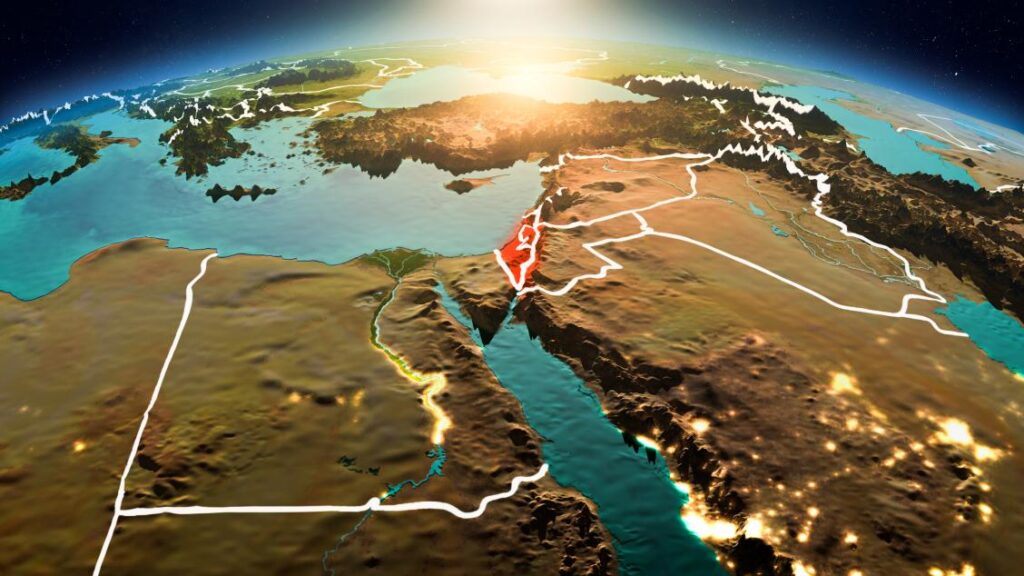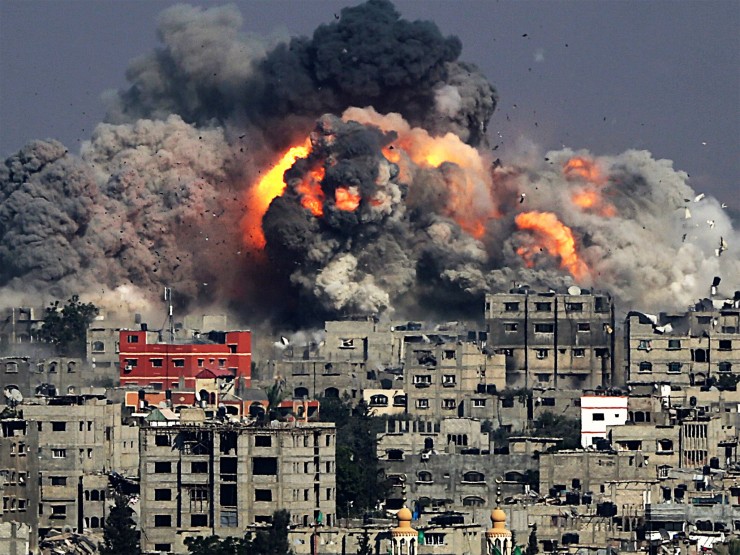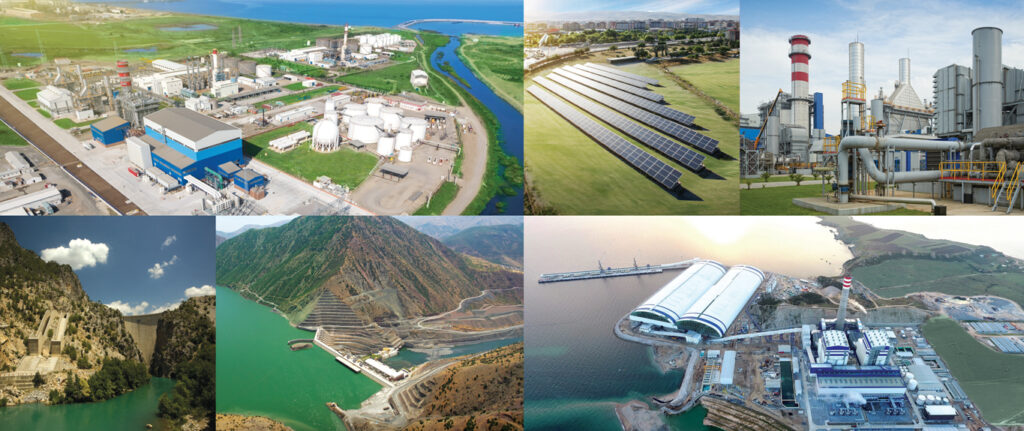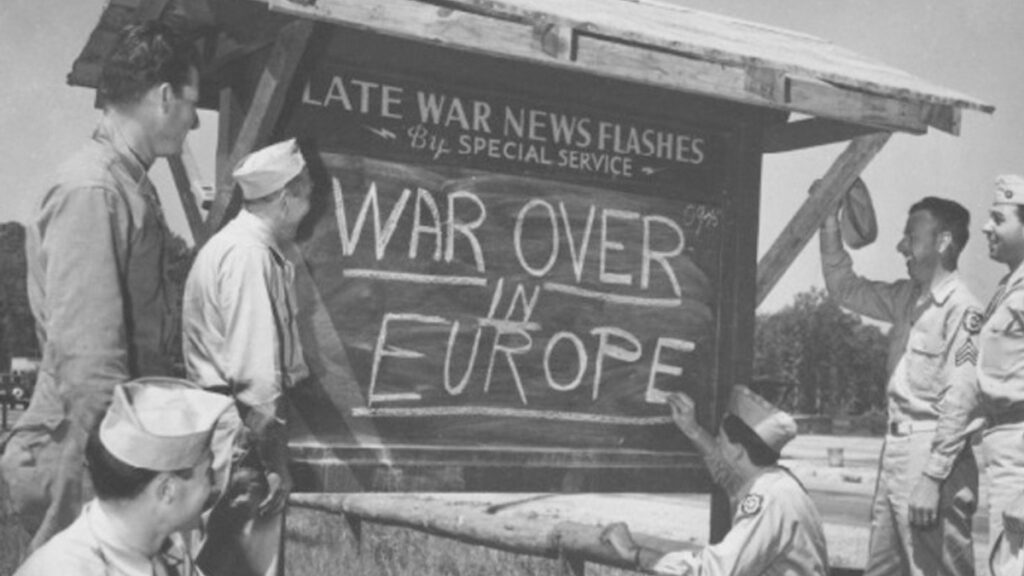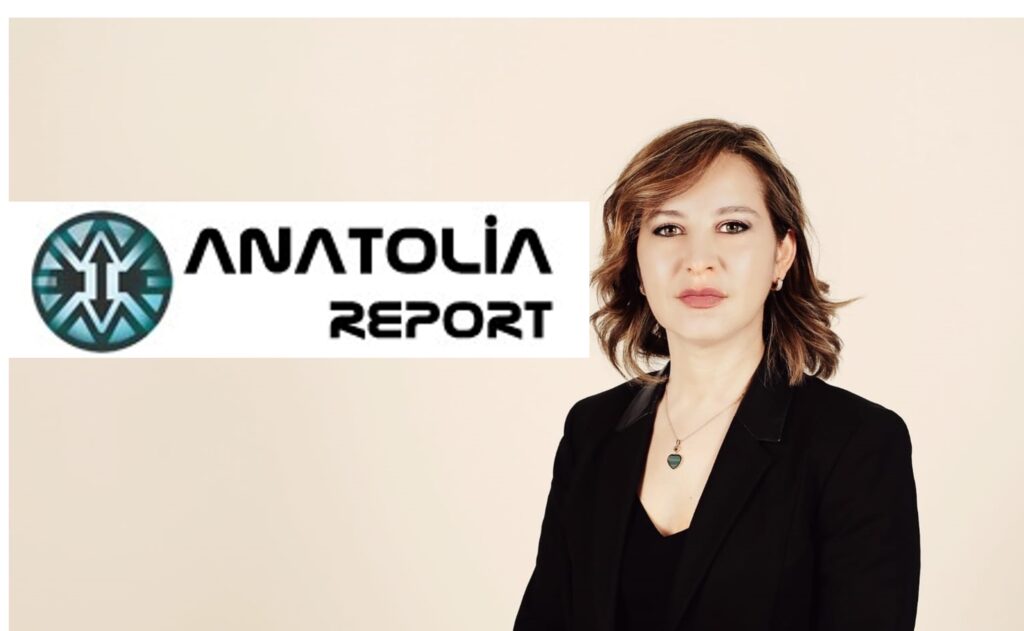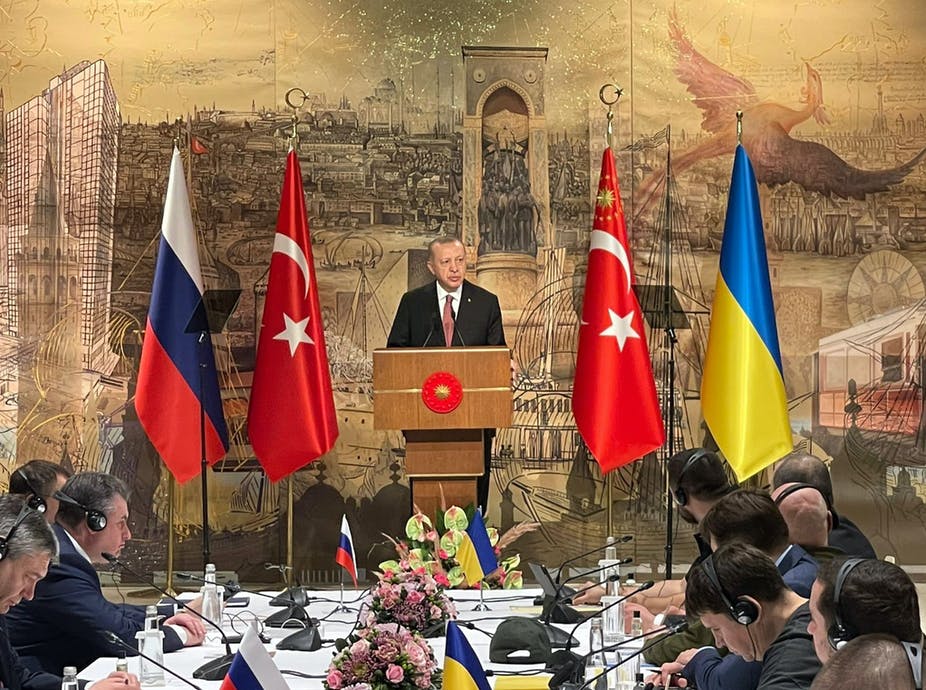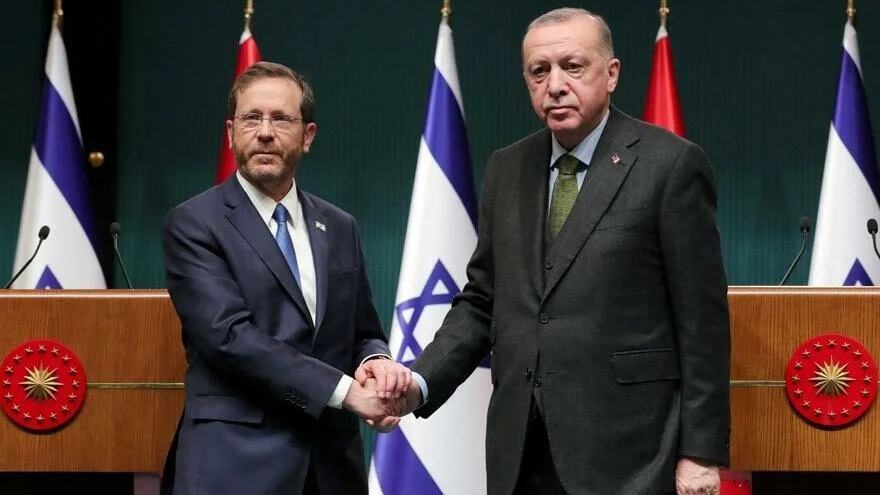Turkey a Possible Mediator for Russia-Ukraine Tension?
Turkey a possible Mediator for Russia-Ukraine Tension?
_______________________________________________________________________
By Anatolia Report
February 2022
_______________________________________________________________________
Since Russia’s controversial annexation of Crimea the recent destabilisation activities and conflicts between the two countries once again dominates the regional security landscape. If left unchecked, this could ignite further conflicts in the wider Black Sea Region.
Recently, Russia’s military build-up on the Ukrainian border has escalated tensions between Western countries and Russia. In their statements, the US and its European allies warned Russia with very harsh words against a new invasion attempt, noting that this would have very serious consequences for Moscow.
United States stated Russia’s action as “the biggest security threat facing Europe”, and “the United States is ready to act with its European allies, to respond without hesitation” if Russia invades Ukrainian territory.
While Russia blames Ukraine for the tension, Turkish President Recep Tayyip Erdogan, saying that they do not want war in the region, offered to mediate between the parties to contribute to the reduction of tensions. Arguing that the cooperation with Ukraine is not against third countries, Erdogan says that they have good relations with both Ukraine and Russia and that they can play a facilitating role to reduce the increasing tension in the region.However, the proposal was not well perceived by Russia, it did not completely close the door to Turkey’s proposals.
Russia accuses Ukraine of “committing provocative actions” by using the advanced armed unmanned aerial vehicles (SIHA) purchased from Turkey against pro-Russian forces, while Ankara also “avoids steps that will encourage the militarist feelings of Ukraine. While political observers state that Turkey’s arms sales to Ukraine cause discomfort in Russia, they point out that the Kremlin follows a “careful and balanced” policy in its dialogue with Ankara.
For historical and cultural reasons, Crimea has long played an important role for Turkey and its security. The Crimean War of 1853–1856 left an indelible print in the minds of the Turkish people, for whom it represents a not-so-distant a past. Turkey is also the country with the largest community of citizens of Crimean Tatar descent. Although estimates of its size vary, it is no less than five million strong.
Since the end of the Cold War there has been an increase in civil society activities of organized by this community, supported by the successive Turkish governments. Their activism has particularly gained traction since the occupation and annexation of Crimea by Russia. The leaders of Crimean Tatars in Ukraine, Mustafa Jemilev and Refat Chubarov, have strong links with the Turkish and Ukrainian leaderships. During visits by high-level Ukrainian representatives to Turkey, it has become common practice for them to meet the community’s leaders. The same is applies when Turkish officials visit Ukraine. The prominence and influence of the Crimean Tatar leaders figures in Turkish political life cannot be underestimated.
In February 2020, the two countries signed an agreement in which Ankara allocated $36 million for the Ukrainian armed forces. This was followed by a series of defense-military cooperation agreements in December 2020 on the production naval corvettes and unmanned combat aerial vehicles and related technology transfer.
This defense and military cooperation has been an important catalyst for bringing the Ukrainian military closer to NATO standards. It has also enhanced the interoperability of Ukrainian forces and military equipment with NATO. The defense industry cooperation between Turkey and Ukraine does not lead to this goal, it will not pose a big problem for Moscow. According to experts, Moscow is pleased that although Turkey is a NATO member, it does not openly take sides in the escalating tension between the West and Russia. Turkey and Rusia are interdependent countries with a strong strategic alliance, Turkey’s insistence on the S-400 missiles is a strong message for underlying the importance of this alliance. Without forgetting that, the government of Erdogan and the Kremlin have specific agreements for different strategic projects such as for The Blue Stream gas pipeline.
However it is important to note that Biden is excluding Erdogan from his echanged views about the positionning of NATO in Ukraine with his European Alliances (Germany, Britain, France and Italy). The crisis of confidence stemming from the S-400 missile defense system, which Turkey bought from Russia and caused the US to impose sanctions, is difficult to resolve in the short term.
Erdogan’s greatest challenge for ensuring the stability of the BlackSea Region is juggling relationships with Russsia, Ukraine and NATO. In this particularly sensitive context, Turkiye mediation for Russia-Ukraine tension is questionable.

